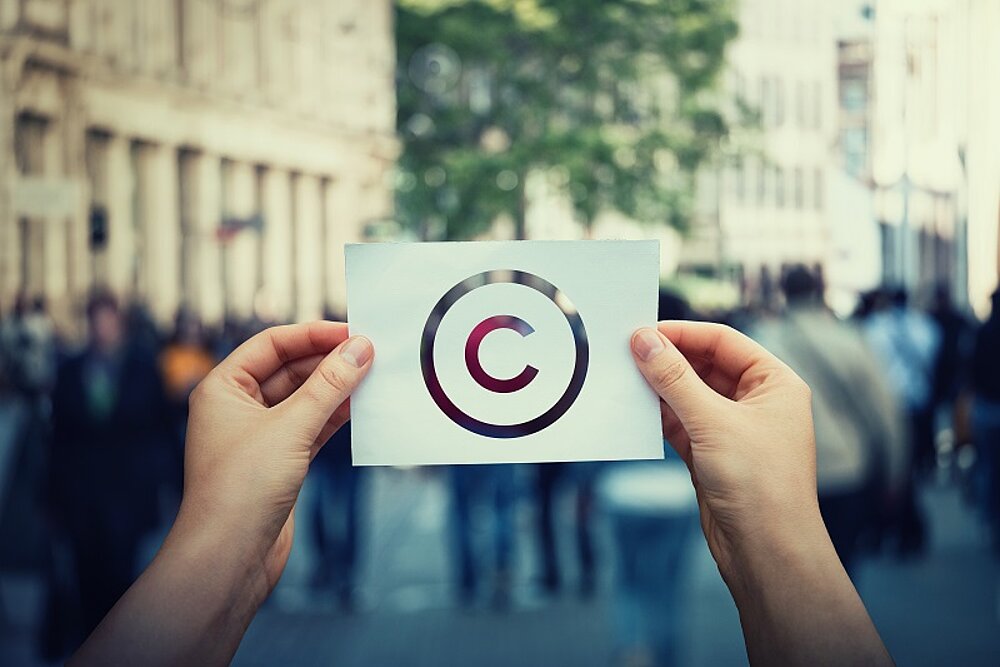Find out today what the legal world will be talking about tomorrow.

Platform providers can now also be held accountable as copyright infringers for making available copyright-protected works unlawfully uploaded by its users, unless they take the appropriate technical measures to prevent infringements.
Authors have the exclusive right to make their works publicly accessible. When private users unlawfully upload protected works to platforms like YouTube, they violate this copyright. Up to now, platform operators have usually only been vicariously liable for these copyright infringements. They have only been obliged to cease and desist once they became aware of the copyright infringement, unless they swiftly took down the infringing content. In its ruling of June 2, 2022, the German Federal Court of Justice (“BGH”) decided that platform operators may also be liable as primary infringers and can be sued by the author for cease and desist, information, and damages.
The background to this case was, among other things, a lawsuit filed by Frank Peterson, the producer of singer Sarah Brightman. In proceedings that have been going on for 14 years, Peterson filed a claim against the operator of the internet platform YouTube for cease and desist, information, and damages. The claims related to footage of the musician's concerts, which had unlawfully been posted on YouTube by private users in November 2008. Although YouTube had blocked the posts after receiving a warning letter from Peterson's lawyer, shortly thereafter, similar recordings appeared again on the platform.
Peterson was only partially successful in the first two instances, so the proceedings went all the way to the BGH. The latter had suspended the proceedings in 2018 and asked the ECJ for a preliminary ruling regarding the questions of YouTube's liability.
In its judgment of June 22, 2021 ("YouTube and Cyando"), the ECJ ruled that the operator of a video-sharing platform who knows or should know that users are making copyrighted content unlawfully available to the public on its platform itself performs an infringing act of communication to the public of that content within the meaning of Article 3 (1) of Directive 2001/29/EC. However, this is not the case if the platform operator takes appropriate technical measures to credibly and effectively prevent copyright infringements. In this context, mere reactive technical measures are not sufficient, which, for example, enable the detection of infringing content that has already been uploaded, or simplify the respective notification of the platform operator.
Against this background, the BGH referred the case back to the Court of Appeal for another hearing. It is now necessary to conduct fact-finding, in particular, with regard to the question of whether YouTube had taken appropriate technical measures to effectively prevent copyright infringements.
The legal obligations of platform providers such as YouTube have been specified by the Act on the Copyright Liability of Online Content Sharing Service Providers (UrhDaG), which has meanwhile entered into force. It regulates the copyright liability of platform providers for shared content. This also results in proactive obligations for the service provider to act, such as the duty to acquire contractual rights of use for communication to the public of copyright-protected works and to block copyright-infringing content. Thus, the decision of the BGH is primarily relevant for older cases, because the previously unresolved question of the responsibility of platform operators for content uploaded by users is now legally regulated by the UrhDaG, which governs copyright infringements from now on.
Author: Cythia Smponias

